"It is very important that the specific nutritional requirements are taken into account," explains Dr Thomas Brenten, chairman of the FEDIAF Nutrition and Analytical Science Group. "Proper nutrition that ensures an adequate supply of energy, proteins, minerals and vitamins is essential for the good health and longevity of our pets." A FEDIAF expert group has therefore compiled a new expert paper on the nutritional needs of senior dogs to inform both the industry and the public.
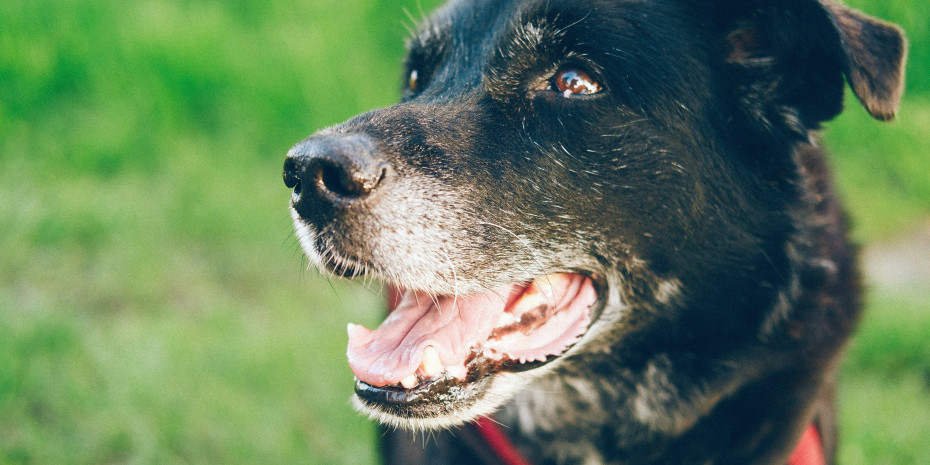
Correct nutrition for older dogs
"It is very important that the specific nutritional requirements are taken into account," explains Dr Thomas Brenten, chairman of the FEDIAF Nutrition and Analytical Science Group. "Proper nutrition that ensures an adequate supply of energy, proteins, minerals and vitamins is essential for the good health and longevity of our pets." A FEDIAF expert group has therefore compiled a new expert paper on the nutritional needs of senior dogs to inform both the industry and the public.

 Menü
Menü

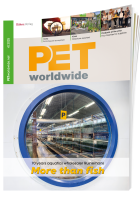











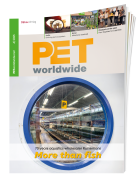

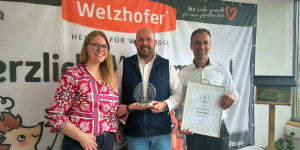


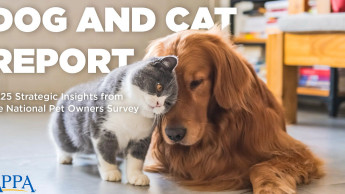


 Newsletter
Newsletter